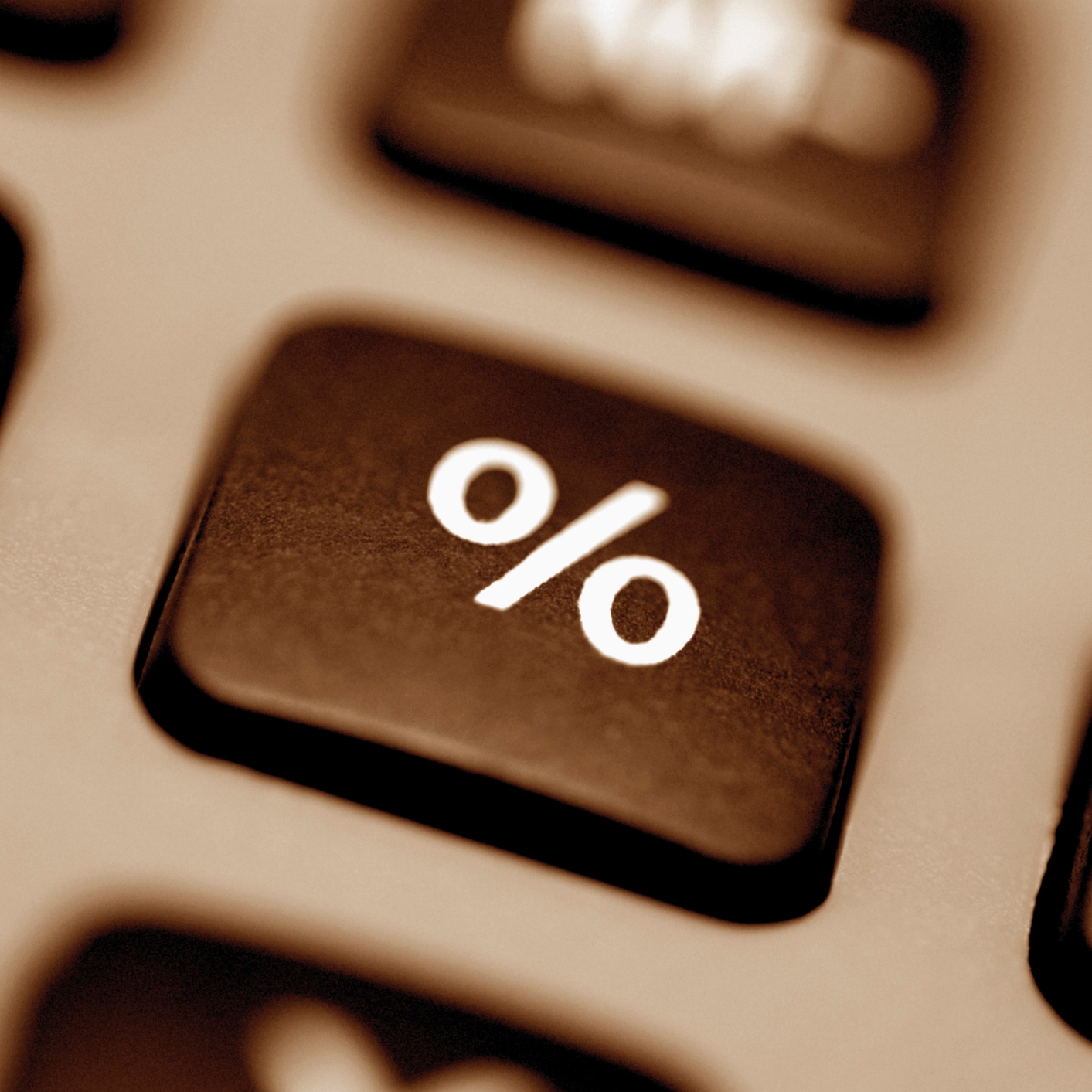Economy
Atlanta Fed's Lockhart Justifies More Rate Hikes in 2016

Published:
Last Updated:

Atlanta Federal Reserve President and CEO Dennis Lockhart was speaking on Monday to the Rotary Club of Atlanta. In his speech, he discussed his current reading of the national economy, and he also pointed toward his own outlook for 2016.
One view that may be taken positively by the markets here is that Lockhart has pretty much shrugged off the fallout impact from China and the most recent financial market woes. The bad news is that this view supports more rate hikes from the Federal Open Market Committee (FOMC), and Lockhart did signal that the economy inside the United States likely will support more rate hikes in 2016.
Lockhart indicated that the U.S. economy is growing at a respectable pace. He sees solid domestic demand despite a weaker external sector. Also, Lockhart sees moderate growth in 2016, likely between 2.0% and 2.5%. This comes with signs of a tightening labor market and accelerating wage growth.
While not overly concerned about the international issues, Lockhart did warn that the global economic environment is one downside risk to his outlook. His real view is that growing domestic investment could provide a potential upside.
On the rate hike front, Lockhart further expects that the U.S. economy will enjoy enough “self-reinforcing momentum” to sustain gradually rising interest rates. The one consistent message from all Fed members is that monetary policy decisions are not on a preset path, they are data dependent.
One issue that the Fed will focus on 2016 will be the behavior of inflation. Lockhart expects that domestic inflation will begin moving closer toward the FOMC’s inflation target of about 2.0%. Still, he will look for more hard evidence in the data.
Some of the actual comments from the Dennis Lockhart that have been broken out from the larger speech were as follows:
The action taken at the December meeting ended an era of a policy rate set at essentially zero. The fed funds rate had been at essentially zero for seven years, and last month’s action marked the first rise in the Fed’s policy rate in almost a decade.
The decision we took was not a surprise. It was very well signaled. As a result, the financial markets—both domestic and global—absorbed the news without unusual volatility.
The FOMC’s December decision is a small, first step ushering in what I expect to be a new era of normalization.
Lower gas prices were expected to translate to a pickup in broad consumer activity. There were signs of this happening in the second half, but some of the dividend appears to have gone to savings.
Lockhart concluded:
So, to sum up, I am optimistic about the economy’s prospects in the new year, but I will be watching the data trends closely. Let me emphasize that the Fed’s monetary policy is still quite accommodative even with the first rate increase last month and the assumption of subsequent increases in 2016. That will help the economy continue to build momentum.
Thank you for reading! Have some feedback for us?
Contact the 24/7 Wall St. editorial team.